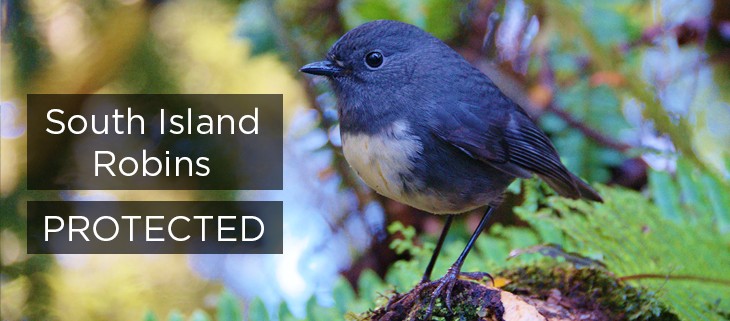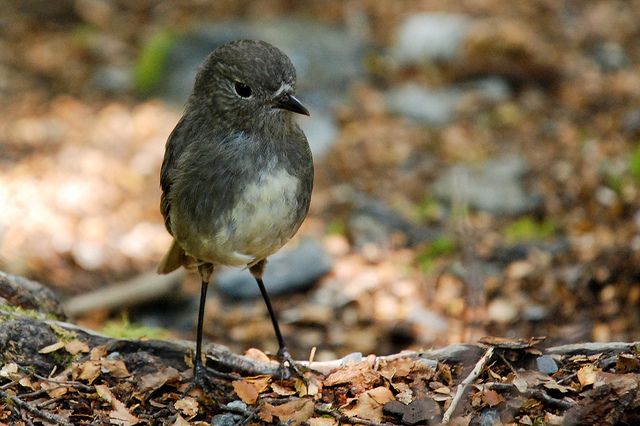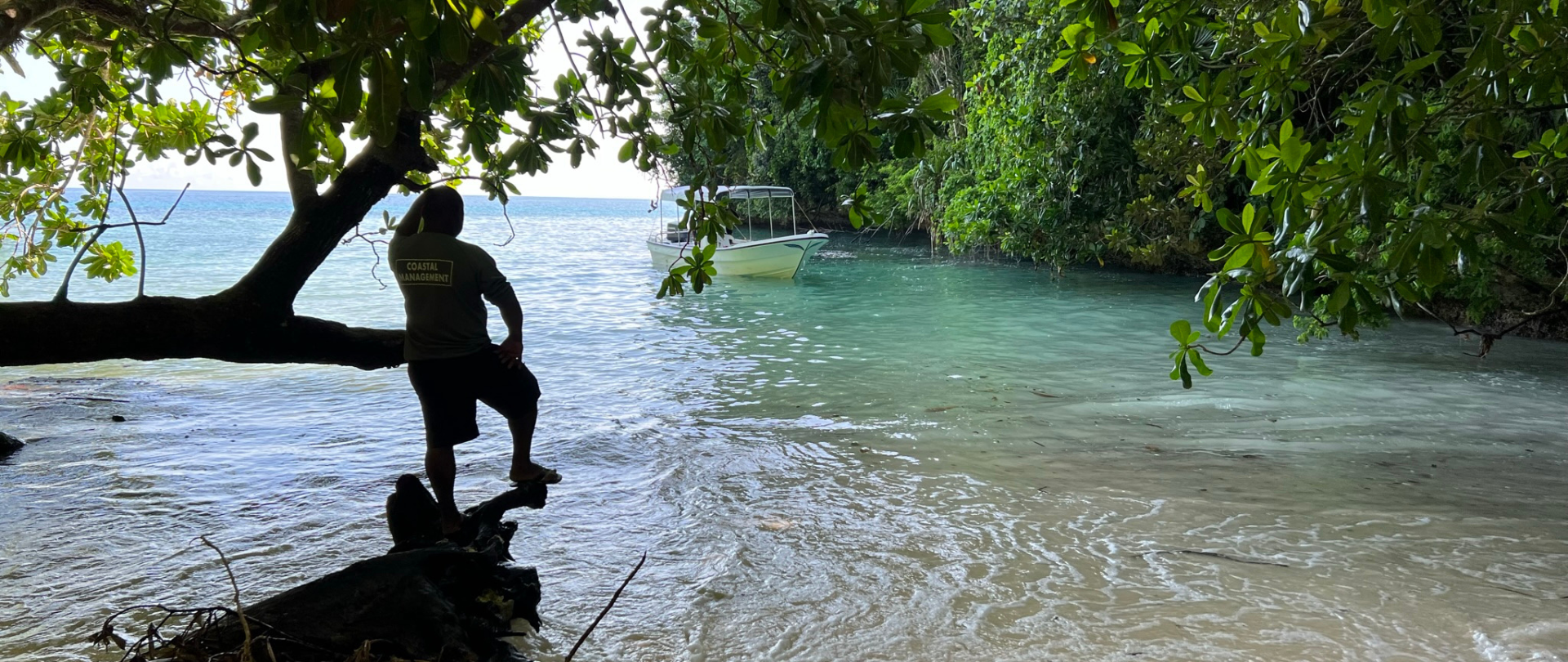October 29, 2025
Data Shows Endangered Palau Ground Doves Swiftly Recovering After Successful Palauan Island Conservation Effort
Astounding evidence of recovery on Ulong Island in Palau after just one year!
Published on
July 26, 2016
Written by
Sara
Photo credit
Sara

A remote island off of New Zealand offers South Island Robins protection from invasive predators.
South Island Robins are an iconic and beloved native species of New Zealand. Unfortunately, the quaint songbird faces threats posed by invasive predators. In an effort to protect the native bird species, conservationists relocated South Island Robins to the remote Chalky Island. It has been six years since the relocation, and the robins are thriving.

Liz Collins, one of the relocation program sponsors, says:
The robins are so plentiful now, they’ll be used in establishing populations on other bird sanctuaries. It’s more than we could have hoped for.

Remote, predator-free islands provide important refuges for threatened species. Being isolated and safe from unnatural predators, island sanctuaries can offer rare opportunities for endangered species populations to recover. Keeping islands free of invasive species and removing species that invade island ecosystems are critical tactics for protecting species and biodiversity, and ensuring the availability of safe habitats for conservation.
Featured photo (adapted): South Island Robin by Thomas Sobek
Read the original article at Scoop Business NZ
Check out other journal entries we think you might be interested in.

October 29, 2025
Astounding evidence of recovery on Ulong Island in Palau after just one year!

May 19, 2025
Read our position paper on The 3rd United Nations Ocean Conference (UNOC 3) to see why we're attending and what we aim to accomplish!

December 4, 2024
Ann Singeo, founder of our partner organization the Ebiil Society, shares her vision for a thriving Palau and a flourishing world of indigenous science!

November 22, 2024
This historic agreement aims to protect the marine and coastal areas of the Southeast Pacific.

November 18, 2024
Our projects to restore key islets in Nukufetau Atoll forecast climate resilience and community benefits in Tuvalu!

October 3, 2024
Island Conservation and partners have published a new paper quantifying ecosystem resilience on restored islands!

September 10, 2024
Climate Week NYC: what is it and why is it important? Read on to find out why Island Conservation is attending this amazing event!

September 5, 2024
With sea levels on the rise, how are the coastlines of islands transforming? Read on to find out how dynamic islands really are!

December 14, 2023
Join us in celebrating the most amazing sights from around the world by checking out these fantastic conservation photos!

November 28, 2023
Rare will support the effort to restore island-ocean ecosystems by engaging the Coastal 500 network of local leaders in safeguarding biodiversity (Arlington, VA, USA) Today, international conservation organization Rare announced it has joined the Island-Ocean Connection Challenge (IOCC), a global effort to…